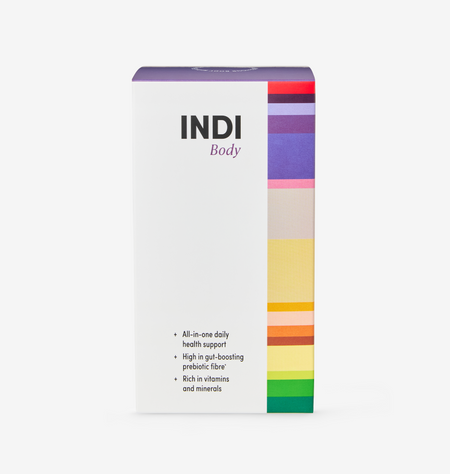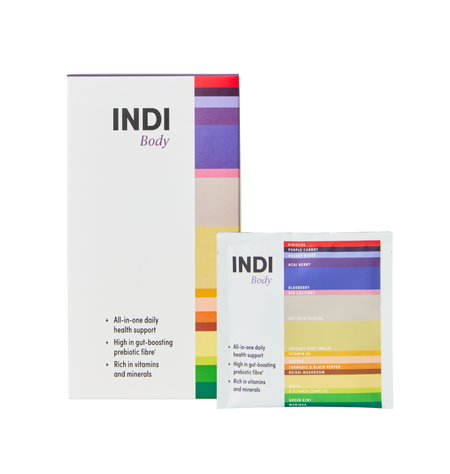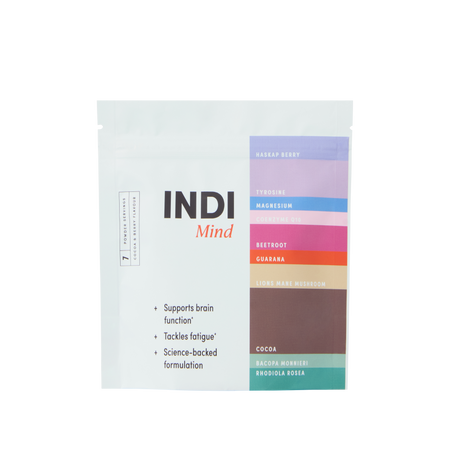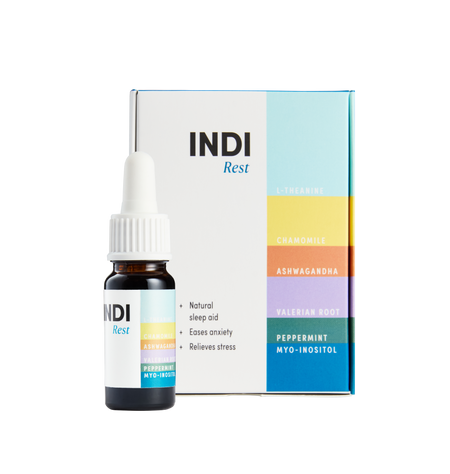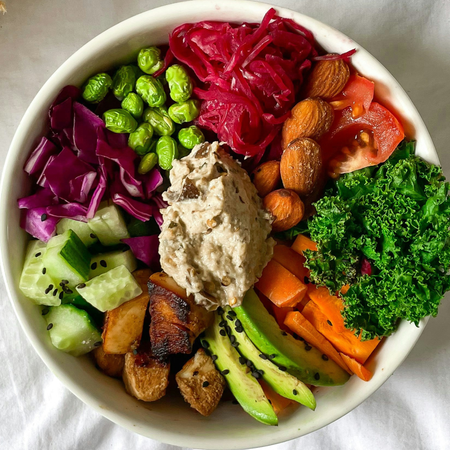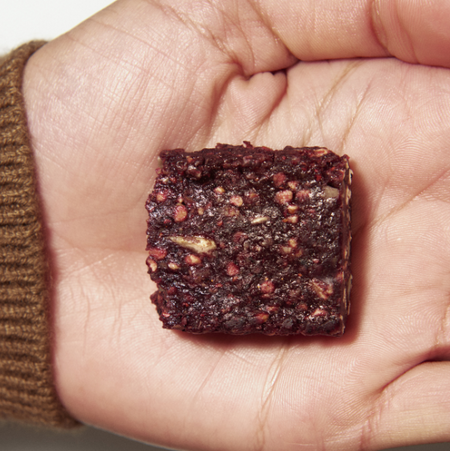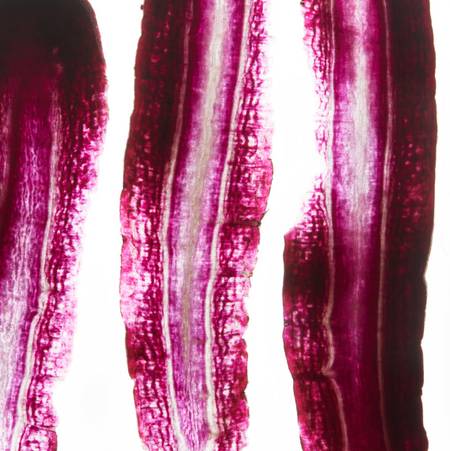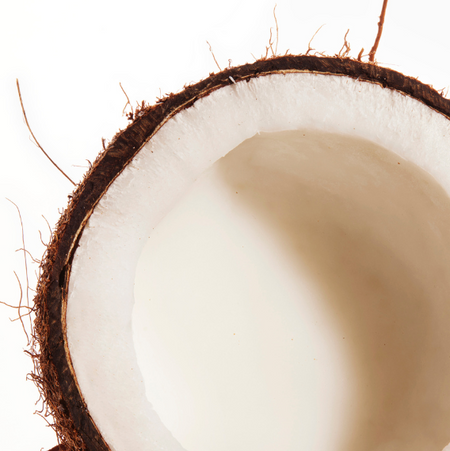The gaps in Western diets
Our diets have come a long way since our hunter-gatherer days. At the click of a button, we have access to every cuisine imaginable. But is the food we’re eating doing its job—or do we find ourselves overfed and undernourished?
The answer lies in national and global health data, which has tracked a worrying trend over the last 100 years. There is no doubt that as diets have become more Westernised, rates of chronic disease have steadily increased. While modern medicine is doing wonders to extend our lives, nutritional deficiencies are widespread and our diets and lifestyle are causing us to get sicker at a younger age. HALE (Healthy Life Expectancy, WHO) is 'the measure of how long we live healthily or without illness'. This is decreasing at a notable rate in the Western world; from 67 years of age in 2015 to 63 years in 2020.
WHAT'S GOING ON
1. FOOD JUST ISN'T WHAT IT USED TO BE
Let's start with some hard facts. You would need to eat more than 8 oranges to get the same amount of Vitamin A as our grandparents' would have enjoyed from just one, 10x more tomatoes to get the equivalent mineral intake and 4x more broccoli to get the same amount of calcium.
There are countless similar examples highlighting that food just isn't what it used to be as a direct result of population growth, intensive agriculture and monoculture farming. Crops are selected for maximum yield, too often at the expensive of their nutritional value, while our soil is being overstretched at an alarming rate. It is estimated that we have already lost one third of the world's topsoil, and that in 60 years—or 60 harvests—we will have lost all farmable topsoil globally.
This impacts the quality of the crop (many staple vegetables have seen a 50% drop in mineral content in just 70 years) and in turn our health. It is the reason why up to 75% of people have low levels of Magnesium, 50% have inadequate calcium and iron deficiency affects roughly a third of the global population.

2. OUR DIETS CONTAIN TOO MUCH OF THE WRONG THING
People in affluent, developed nations eat more meat and processed foods. These diets are too high in sugars, salt, transfats, additives and preservatives. We have unwittingly replaced beneficial micronutrients in favour of higher calorific, yet nutrient-lacking foods. This has negative impacts on our health, from causing chronic low grade inflammation, to oxidative stress and insulin resistance. These symptoms are responsible for the top 6 causes of death globally. On average we can expect to live the last 13 years of our lives with one of these chronic diseases, and this number is rising.
3. WITH THE BEST WILL IN THE WORLD, WE'RE STILL MISSING OUT
Our diets also contain too little of the right thing—namely fruits, vegetables, nuts, seeds and fungi—which once upon a time would have made up the majority of our meals. As a result we are missing out on beneficial micronutrients such as carotenoids, flavonoids, minerals and antioxidants. We also struggle to get enough fibre from our diets; an alarming 90% of people in the UK are deficient. Dietary fibre plays a vital role in the way we digest food and detoxify our bodies and yet the vast majority of us consume roughly half of the minimum recommended intake.
4. OUR LIFESTYLES HAVE CHANGED
The dawn of the five day working week, often sitting at a computer, means that we are spending far less time moving around and outdoors than ever before. Research by the British Heart Foundation found that office workers spend 75% of their waking hours sitting or sedentary. The health implications have led them to dub 'sitting as the new smoking' directly linked to 50,000 deaths each year in the UK.
Aside from the lack of exercise (increasing obesity, heart disease and strokes to name a few), the simple act of being indoors reduces our sunlight exposure. Low levels of Vitamin D affect up to 74% of people, especially in the winter, and is associated with a compromised immune system. We can effectively supplement Vitamin D in our diet, so there's no need to elope.
WHAT'S THE SOLUTION?
At Indi we look to the research and data available. Where are the gaps? What is causing these deficiencies? How does lifestyle have an impact? What are the actionable (and realistic) ways to counter and correct the downfalls of our diets?
Whilst we may not be able to solve the global health crisis, we can play our part. Indi supplements have been developed specifically to fill the gaps in Western diets. Our mission is simple; to give better health to more people. The range is easy to understand and easy to add in to your daily routine. Each plant-based formula is packed full of nutrients from real food sources, meaning your body can recognise, absorb and use these active ingredients. And importantly—we use doses which are sufficient to deliver short and long-term results.
Body
£55.00
Daily Gut Support
Our delicious berry flavour whole food and fibre-rich plant powder bolsters your daily diet to improve gut health, digestion, energy, mood and more. Loved by nutritionists, it's an everyday essential that virtually anyone will benefit from.
